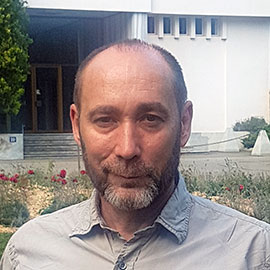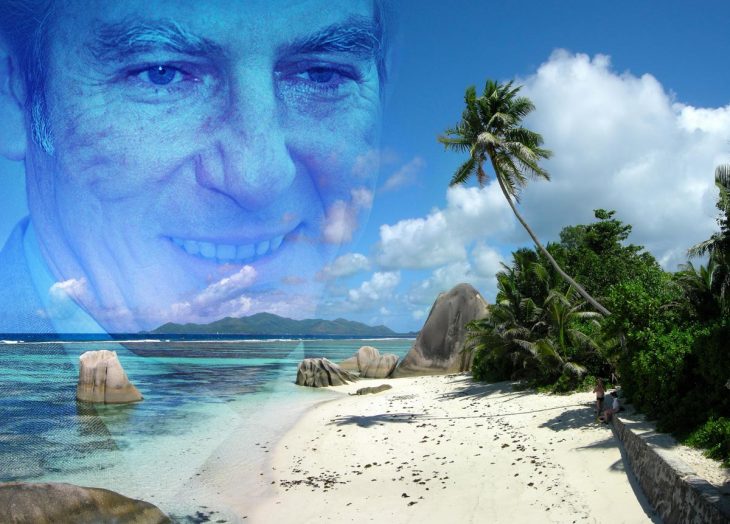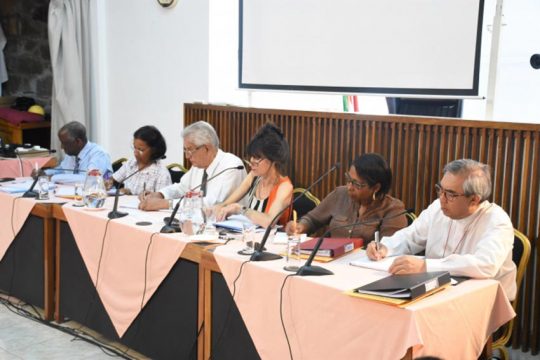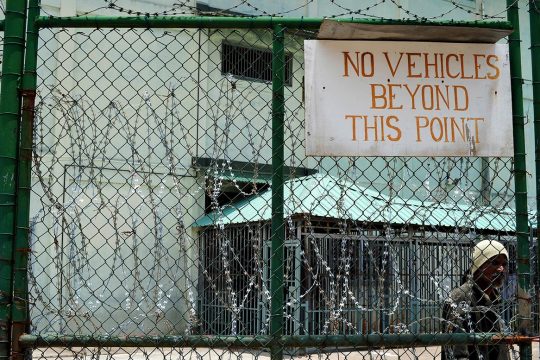“We keep telling tourists that Seychelles is Paradise on Earth, but is it paradise for Seychellois?” was the question asked in March 2016 by a new opposition party in the Seychelles proposing the creation of a “truth, reconciliation and peace commission”. The question posed soon began to be answered. On May 9 five Seychellois and two foreigners are expected to be inaugurated in Victoria, capital of this 115-island archipelago, as commissioners of a new Truth, Reconciliation and National Unity Commission approved by parliament last year.
Everything changed after the victory of the opposition coalition in the September 2016 parliamentary elections, which was the first political change of power in the Seychelles in 40 years. A parliamentary commission was then set up which recommended, in June 2018, the creation of a truth commission. On September 6, 2018, President Danny Faure signed the law creating the "Truth, Reconciliation and National Unity Commission". It is responsible for receiving complaints and investigating human rights violations committed during the period of one-party rule.
Systematic torture and political repression
The Seychelles had been independent for only a year when on June 5, 1977 prime minister France-Albert René seized power in a coup. It was still the era of one-party states and socialist experiments. In 1978, the le Seychelles People's Progressive Front quickly became the only authorized political organization. An authoritarian regime established itself, not without opposition. In 1981, the famous South Africa-based mercenary Mike Hoare tried to overthrow president René. The failed operation led to a wave of repression against the opposition.
In November 1985, leading opposition figure Gérard Hoarau, in exile in London, was assassinated on his doorstep. The case was never cleared up but the opposition was convinced it bore the hallmark of the regime. According to Bruce Baker, former director of the African studies centre at the University of Coventry in the UK, “Under René systematic torture and other human rights abuses were widespread and opposition was repressed. René himself has openly admitted to bugging opposition figures at home and abroad and it is likely that his agents carried out the murder of opposition leader Gerard Hoareau”.
Upon leaving secondary school, everyone was forced to join the National Youth Service, where political indoctrination, paramilitary training, and cronyism mixed, feeding "nepotism, corruption and impunity", wrote Baker in the Journal of Contemporary African Studies. Freedom of the press, of course, suffered the same fate.
Tourism, on the other hand, flourished, and economic development followed. The Seychelles became one of the most prosperous states in Africa. At the beginning of this century, the country had the highest literacy rate, the lowest infant mortality rate and the highest life expectancy on the continent.
Three years to “heal the divisions”
At the end of 1991, the wave of post-Cold War democratization and pressure from Western donors forced René to establish a multi-party system. However, he managed to remain in power in a façade of democracy until 2004 when, at the age of 69, he announced his retirement while retaining control of the party. The country's presidency subsequently remained in the hands of the former single party.
The work of the Truth Commission aims to establish the truth about the abuses of this one-party era, then to make an official and public report on the violations, "help bridge the divisions" they have caused, appease and rehabilitate victims as well as those responsible for the crimes, set reparations and decide whether or not to grant amnesty to those responsible. Finally, the Commission aims to "unite the Seychelles around a common agenda" and avoid the repetition of these human rights violations.
It is planned to work for three years. The Commission has seven members, including two foreigners who are non-resident in Seychelles. Its hearings will be public and filmed. It may demand the appearance of any person and may also require the testimony of one spouse against the other. It has the same powers as the Supreme Court of the country. The evidence collected may not be used in proceedings before civil or criminal courts (except for false testimony). Amnesty requests need a prior written request from perpetrators, who must offer a direct apology to their victims.
Any person may ask to be heard by the Commission, or file a complaint within six months of the start of the Commission's mandate. This mandate is to start three months after the Commissioners' oath of office, i.e. in early August 2019.
The truth without France-Albert René
In June 2018, the parliamentary committee that had paved the way for the establishment of the truth commission submitted its report to the President of the Republic. In fifteen months of work, the parliamentary group - where the country's two main political groups were represented - had received 315 complaints from victims. Compared to the thousands of statements made to other truth commissions around the world, this may seem paltry. But it is to misunderstand the island reality. As the Vice-President of the country then stated, both parties agreed that a small number of the population is affected by past wrongdoings, but this is felt by everyone in the country since Seychelles is small.
Lost in the middle of the Indian Ocean, the Seychelles archipelago is located 1500 kilometres off the African coast, northeast of Madagascar. Its name comes from a former financial controller under King Louis XV of France, when the French took possession of these islands in the mid-18th century, before they became a British colony after the fall of Napoleon. Today, the archipelago has about 100,000 inhabitants. But at the time of the coup d'état in 1977, there were only 60,000.
The complaints filed with the parliamentary committee were classified into several categories. There are arrests, illegal detentions, disappearances and murders, but also unfair dismissals, loss of land, trauma and persecution. 16% of the complainants were seeking to recover their property, 15% were seeking truth and justice, 10% were seeking an apology and 58% were seeking financial compensation.
However, there will be a major absentee before the Commission: France-Albert René. The man who embodied the Seychelles and whose authority hovered over them for more than four decades died on 27 February last, at the age of 83. The work of truth on his rule will therefore be done without him.






